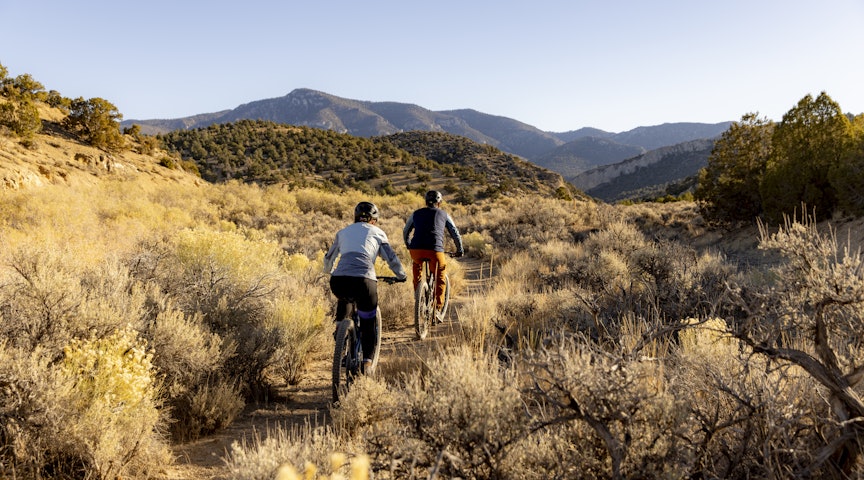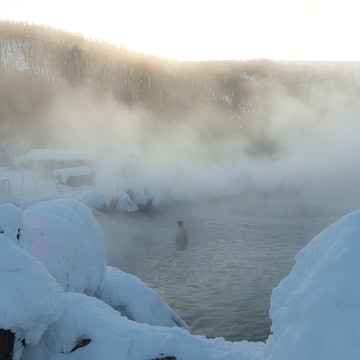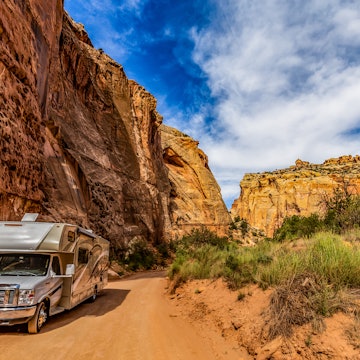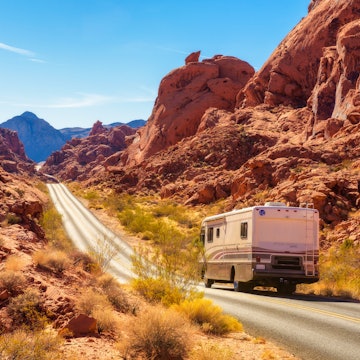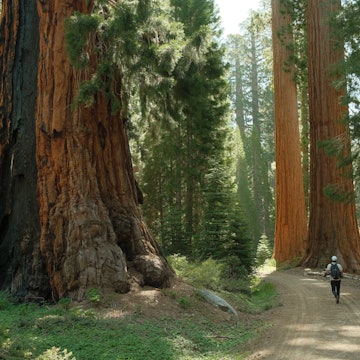
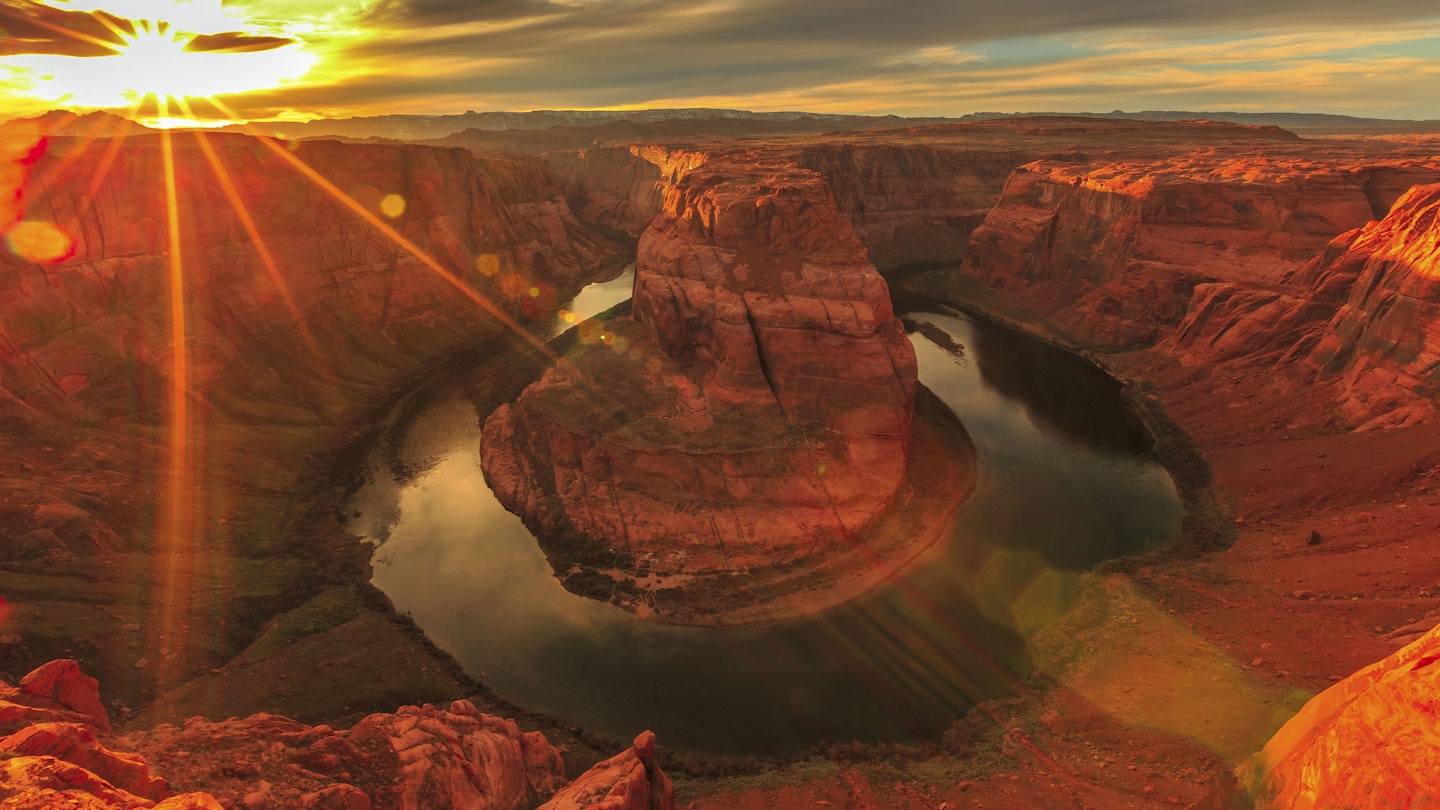
Horseshoe Bend in Arizona's Glen Canyon National Recreation Area © Spondylolithesis / Getty Images
When you think of Arizona, what comes to mind? Chances are some of the words that jump out first are desert, cacti, heat, sunsets, and of course the Grand Canyon, not necessarily in that order.
However, it’s the things you don’t know about the 48th state that will have you pining to hit the road and head to the land of eternal sunshine, native cultures and unique vegetation. Everyone from foodies to desert dwellers will find something to love about the country’s sixth largest state.
Editor's note: during COVID-19 there are restrictions on travel and opening hours may be affected. Check the latest guidance before departure, and always follow local health advice.
Flagstaff
From Phoenix, which is roughly in the center of the state, a two-hour drive north will find you in the world’s largest ponderosa pine forest. Coconino National Forest, one of six national forests in Arizona, is a far cry from sand dunes and prickly cacti. Flagstaff, nestled amongst the pines at 7000ft elevation, is the gateway town for snow sports. The funky town is home to one of the state’s four universities, but is the only one that requires snow boots in the winter.

Sedona
A mere thirty minutes south of Flagstaff are the red rocks of Sedona, a mecca for art lovers and recreational enthusiasts alike. The landscape of boulders and bluffs looks as if someone spilled a giant can of rusty red paint on them, giving the area a warm and peaceful glow. Mountain bikers and hikers will thrill at the abundance of trails available, all of them made up of the red clay dirt that matches the rocks. After a day outdoors, Oak Creek Village is the perfect place to shop, relax and wait for the sunsets that make the red rocks of Sedona glow like a fiery furnace.
Painted Desert
If you’re impressed with the Sedona landscape, head northeast to the Painted Desert that will leave you speechless. Spanning over 160 miles, the Painted Desert gets its name from the multitude of colors ranging from shades of grey to the vibrant hues of orange and pink. The terrestrial landscape could be from a Mars movie set with with its sea of hilly crevices and barren surfaces.

Monument Valley
Monument Valley is another one of nature’s masterpieces with its dramatic rock formations that have been created by erosion over thousands of years. The massive spired rocks rise straight up out of their domed bases, their peaks reaching toward the heavens. Artists of all kinds come to capture the unique natural landscape sculpted out of earth for all to enjoy.
Canyon De Chelly
One of the most underrated places in Arizona is Canyon De Chelly (pronounced "d-shay"). This is a National Monument that rivals the Grand Canyon for its expansive and stunning views. Legendary photographer Ansel Adams thought so too, making several trips there over his career. The canyon has been home to native people for more than 4000 years and its beauty continues to be enhanced over time by nature’s use of wind and water.
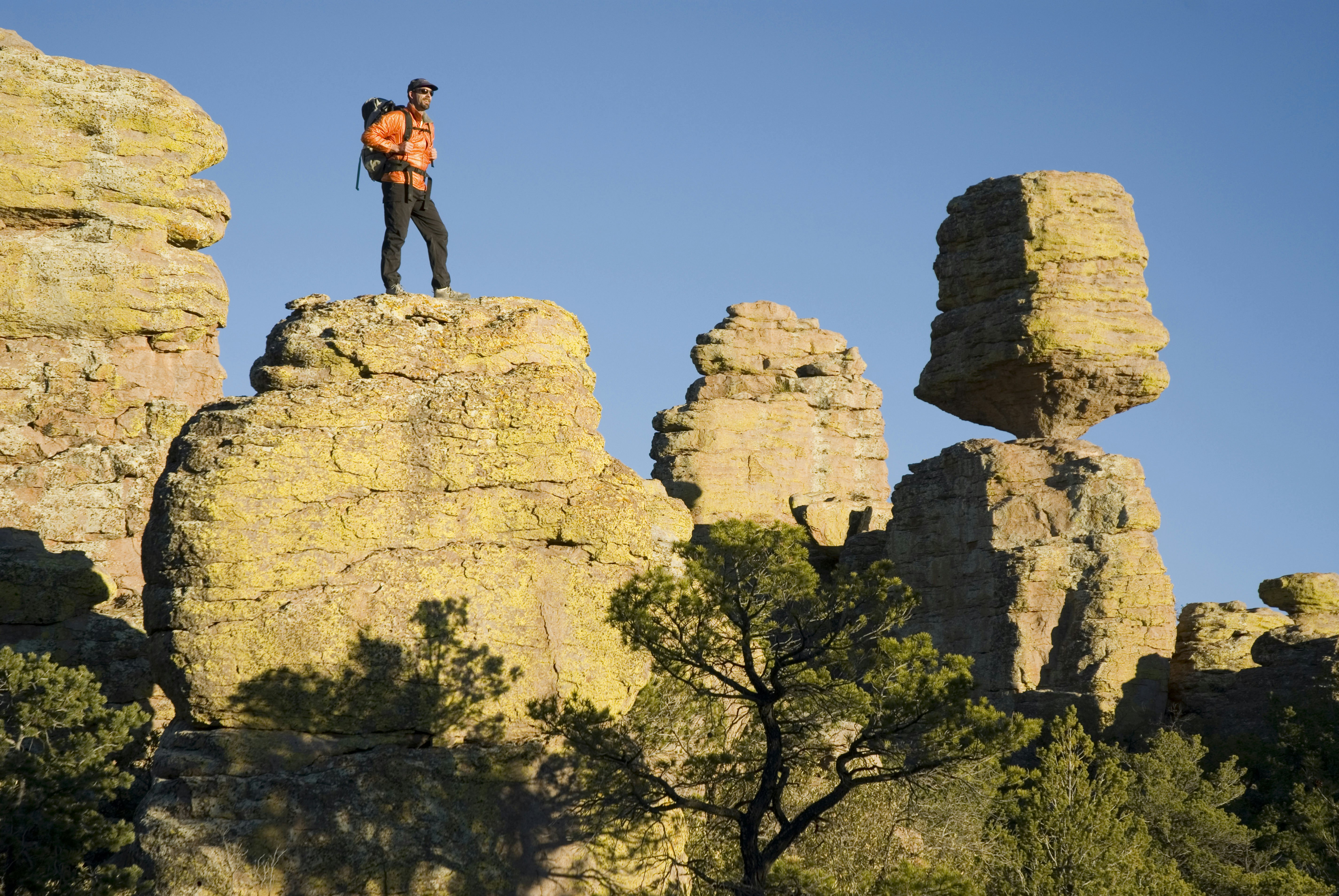
Chiricahua National Monument
Drastically different from the formations at Canyon de Chelly or Monument Valley, Chiricahua National Monument in southeastern Arizona is a study of improbable balance. Thin rock spires called hoodoos support large boulders that disregard gravity by balancing on top of the spire points. Imagine balancing an egg on the tip of your finger and you’ll have an idea of what awaits you in Chiricahua.
Glen Canyon National Recreation Area
It would probably surprise most visitors to know that the second largest man-made lake in the US is in Arizona. Lake Powell is just one of the 128 lakes in a state known for its desert. When the triple-digit summer temperatures arrive, Arizonans head to the water. Glen Canyon National Recreation Area, where Lake Powell resides, is the place for all water-based activities. Stretching from Lees Ferry in the Grand Canyon to the Orange Cliffs of southern Utah, Glen Canyon has something for everyone. If swimming, boating or fishing don’t excite you, the multiple back-country trails in Glen Canyon will satisfy every hiker regardless of experience. It is an incredibly scenic part of the state with endless activities to see and experience.
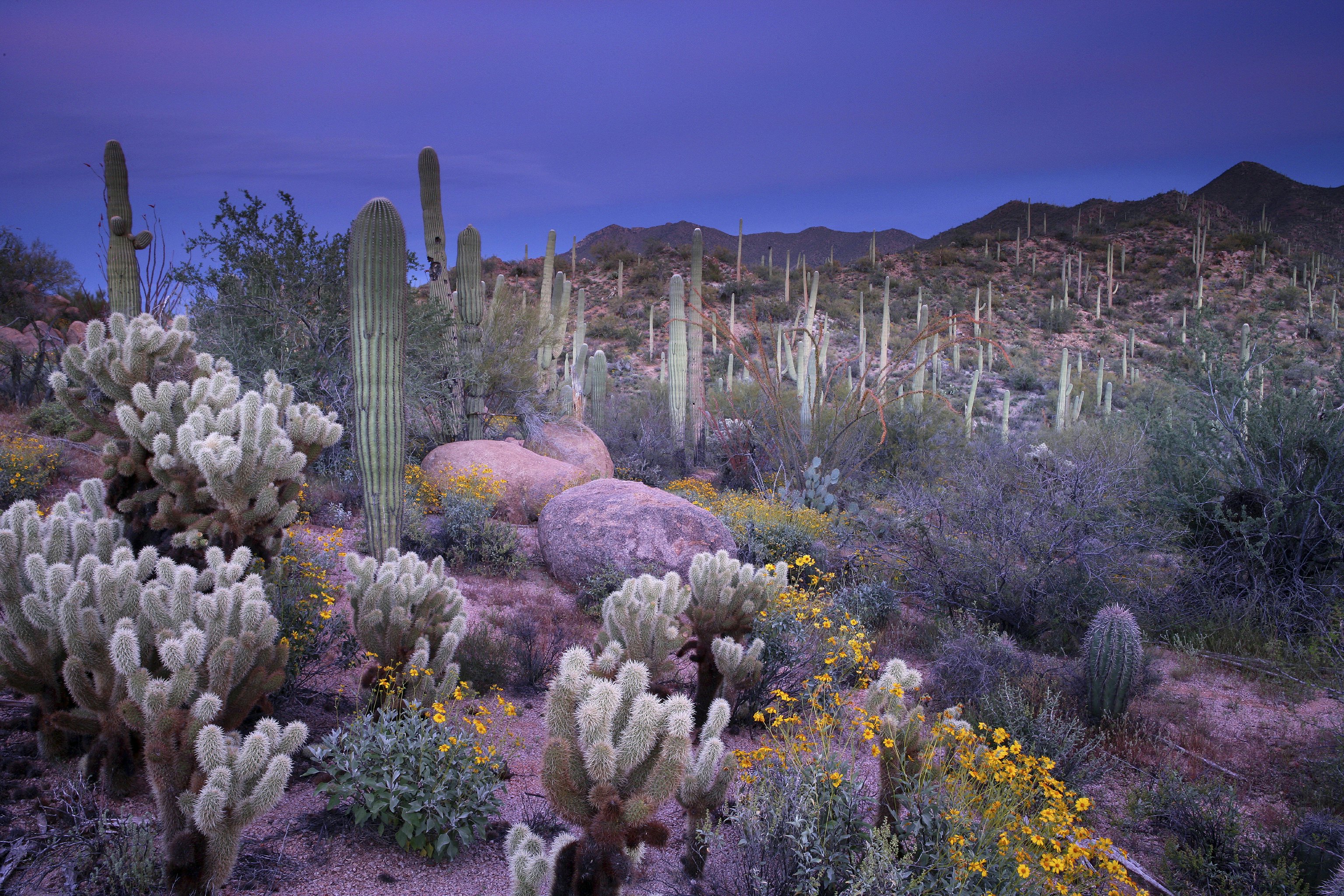
Organ Pipe and Saguaro National Parks
One thing that visitors can rely on seeing when visiting the desert is an abundance of unusual cacti. The best-known of these is the majestic saguaro, which only grows in Arizona. These desert giants can grow up to 40ft tall and have become a symbol of the southwest. Lesser-known, but just as unusual, is the Organ Pipe (columnar) cacti. Growing up to 23ft tall, the columnar has arms that start at the base and extend outward and up, like fingers extending away from a palm. If you want to see both in abundance, head south to Organ Pipe and Saguaro National Parks to satisfy your need for all things prickly.
Food and drink
Along the way to or from these marvels of nature, be sure to stop at one of the 100 wineries dotted around the state. If wine isn’t your top choice, there are more than 75 craft breweries to sate the desert thirst. Not to be outdone by beverages, Arizona has a vibrant restaurant scene as evidenced by the more than 50 James Beard nominations since 2010. Excellent food and drink, unsurpassed natural beauty and year-round outdoor weather will change the way you think the next time someone mentions Arizona.
You might also like:
The ultimate guide to a weekend in Phoenix, Arizona
A guide to hiking the Wave, America's most exclusive trek
The Grand Circle is the ultimate US Southwest road trip
Take your United States (USA) trip with Lonely Planet Journeys
Time to book that trip to United States (USA)
Lonely Planet Journeys takes you there with fully customizable trips to top destinations–all crafted by our local experts.
